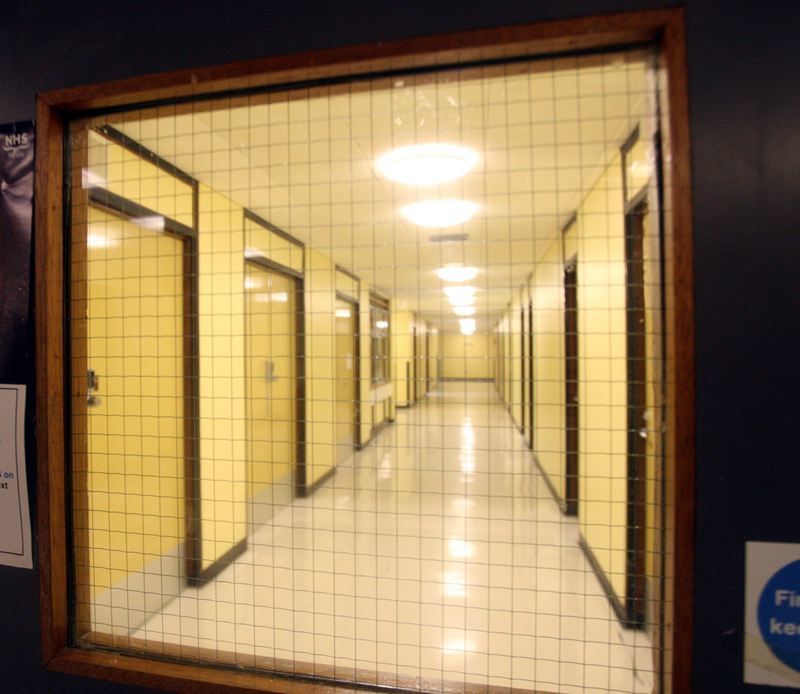NHS Tayside is encouraging staff to consider the hush factor when choosing footwear for work.
Quiet shoes is one of a number of measures being introduced after a patient survey revealed dissatisfaction with noise levels.
Tracey Passway, NHS Tayside’s clinical governance coordinator, said: ”Anyone who has small children knows how sleep deprivation can affect you.
”Nationally, noise is the biggest issue. In our own feedback questionnaires we give to patients, the noise of shoes came up.”
She said charge nurses on the wards had been asked to talk to their staff about the shoes they wore to work.
Patient feedback identified other sources of noise, including staff talking loudly at work stations at night, phones and buzzers ringing, moving of trolleys and the closing of bins and doors.
Mrs Passway said: ”Some changes have already been made as a result we have been able to reduce the noise levels on alarm calls, we have provided patients with earphones for their televisions.”
She added: ”We have introduced quiet closures on the bins. All new bins have this feature and any broken bins that need replaced are replaced with quiet closing bins.”
Mrs Passway said a Sonic Ear device, which gives a visible warning when noise levels are getting too high, was being used in a number of wards.
The portable units use red and green lights to monitor rising noise levels, though they don’t provide actual measurements.
She said: ”Our health and safety staff are testing a noise meter that measures the decibels.”
These instruments are being tested in a number of wards in both the region’s acute and community hospitals.
Mrs Passway said that as a result of patient feedback, improvements are also being introduced around patient discharges, making sure nurses have more time to talk to their patients and other improvement measures.
Around 3,000 NHS Tayside patients were asked to participate in a national patient survey last year and comment on a recent stay in hospital. The survey was part of Better Together, Scotland’s patient experience programme, which uses people’s experiences to improve health services.
